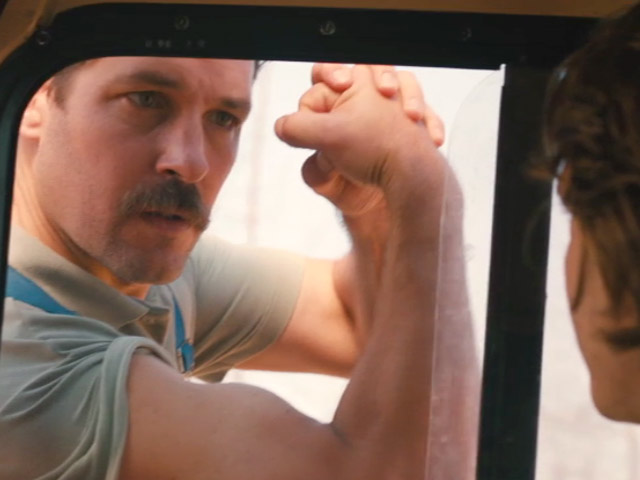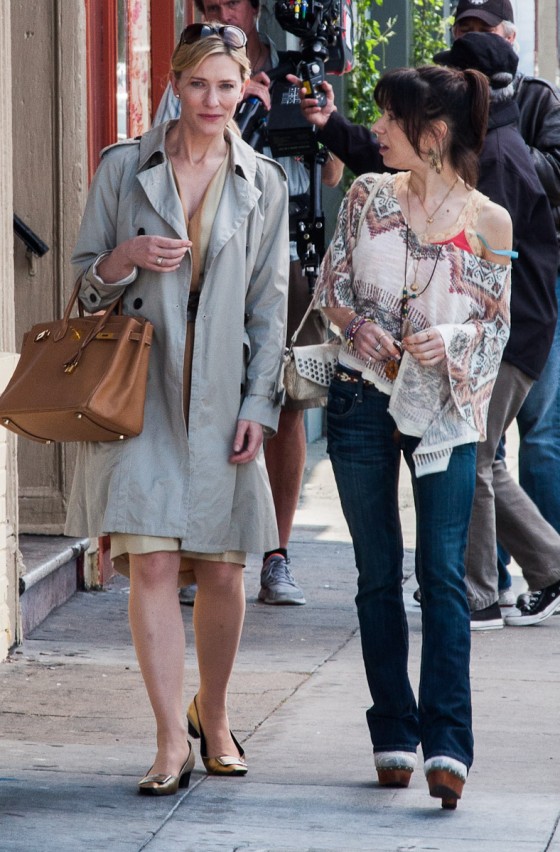 Short Term 12 is a hopeful movie about seemingly hopeless lives. It shows us young people whose stories already appear permanently written—desperately so—and then suggests they still can be rewritten. It is that rarest of films: one whose very flaws teach us to accept everyone else’s. Even our own.
Short Term 12 is a hopeful movie about seemingly hopeless lives. It shows us young people whose stories already appear permanently written—desperately so—and then suggests they still can be rewritten. It is that rarest of films: one whose very flaws teach us to accept everyone else’s. Even our own.
At its center is Grace (Brie Larson), the floor supervisor of a co-ed group home for adolescents who aren’t safe anywhere else. Scrubbed free of makeup, clad in tee shirts and jeans, and straddling the ten-speed she rides every day to work, she looks barely older than the kids she’s supervising. When she opens her mouth, though, it’s clear she is tapping into a core that only could have developed through years of hard-earned survival. The kids themselves are not so broken that they don’t still engineer scenario after scenario from which they must be rescued, if only to gauge whether someone still will. Grace and her colleagues willingly step up to those plates, cueing institutional methodology that works mostly because of their brisk, jocular kindness. One kid in particular—a scrawny-chested boy who caresses his collection of fuzzy dolls like they’re magic talismans—likes to don a cape and bolt from the institutional grounds until staff members tackle him in big bear hugs. Maybe he just runs to get hugged. So much of this film reminds us of how much we do either to get hugged or to avoid a hug lest we then feel too much.
There’s a tidiness to the plotting that doesn’t quite work. Early on, Grace discovers she’s pregnant and schedules an abortion. Soon after, Jayden (Kaitlyn Deve), the daughter of her boss’ friend, is checked onto her ward. Stonily fragile and bearing the unmistakable scars of a cutter, Jayden strikes a chord in Grace, who senses the girl’s secret is like her own. Continue Reading →


